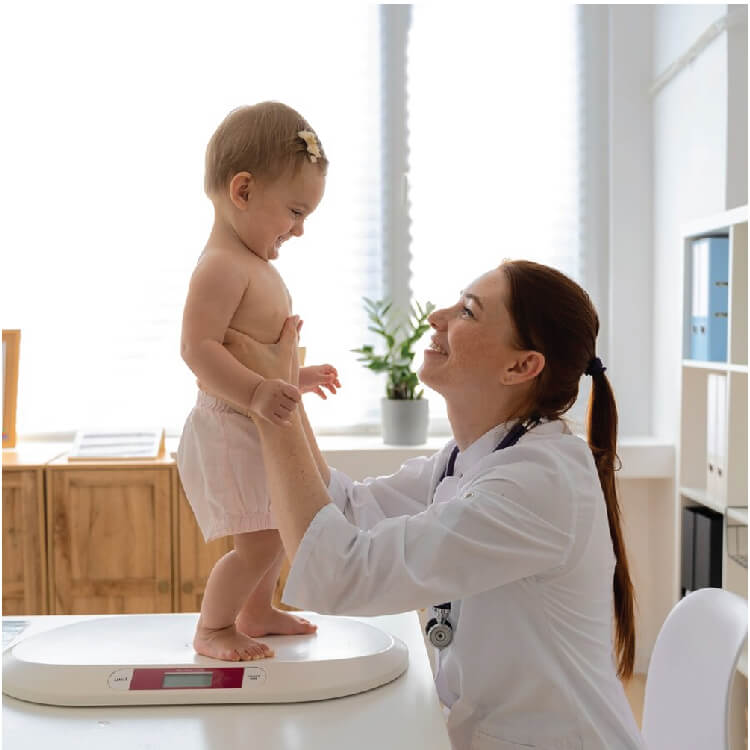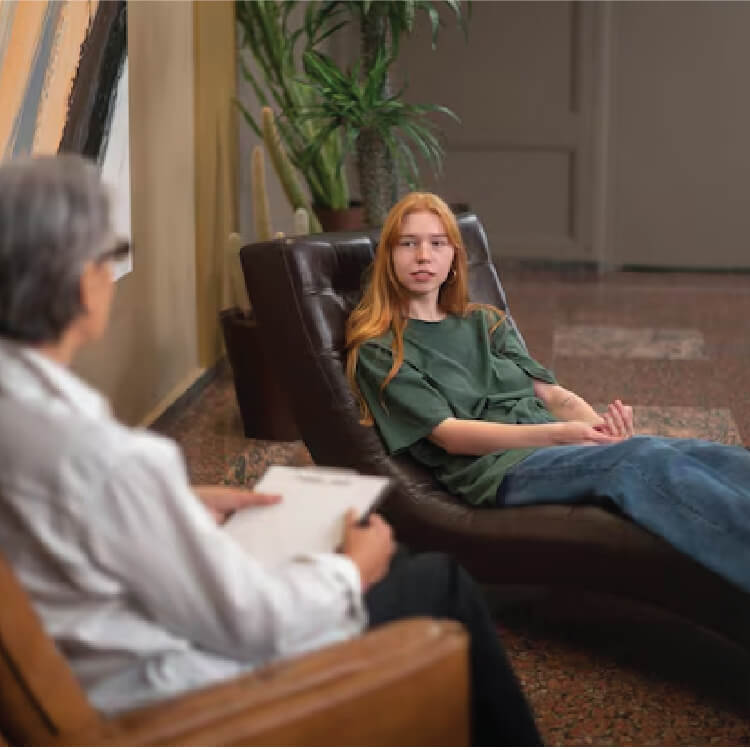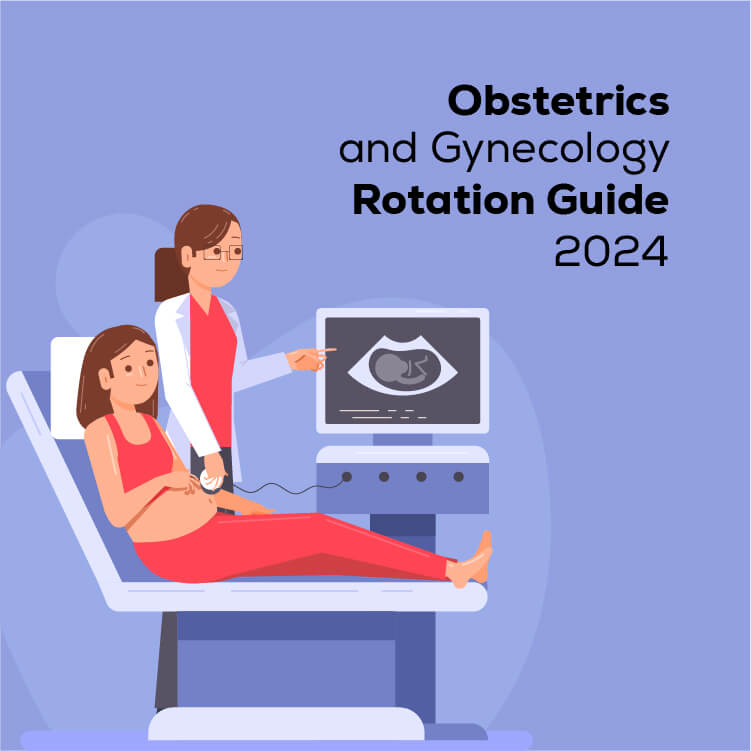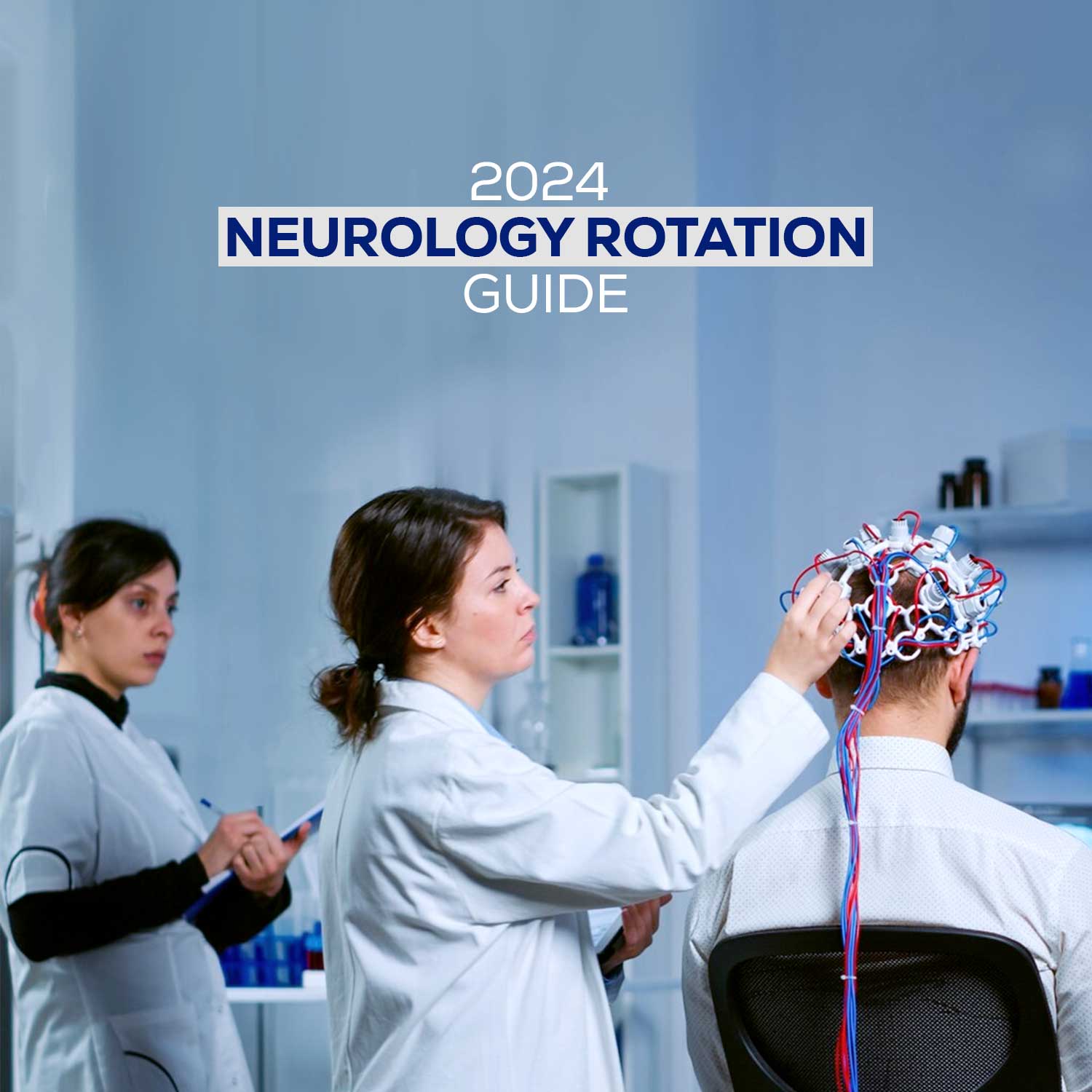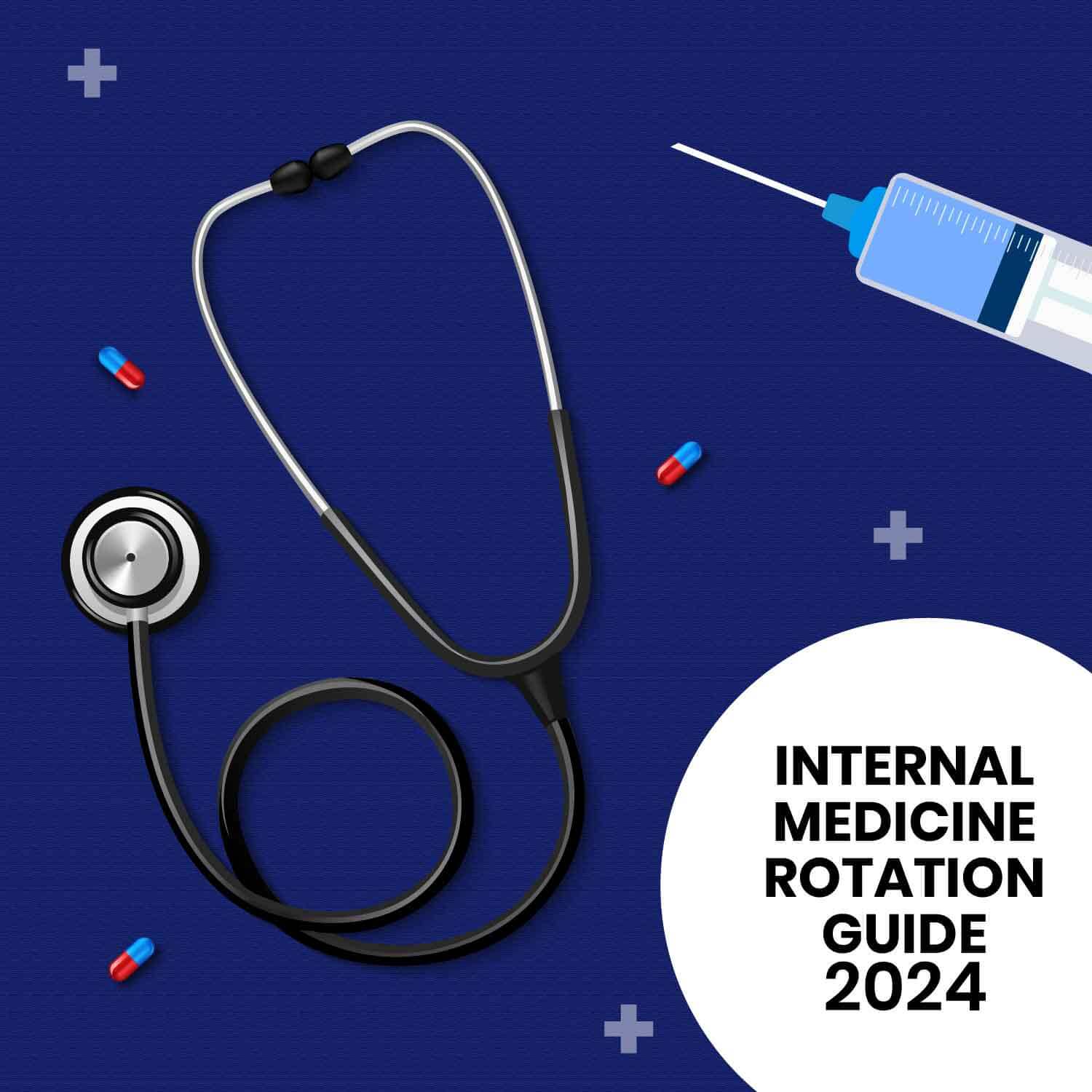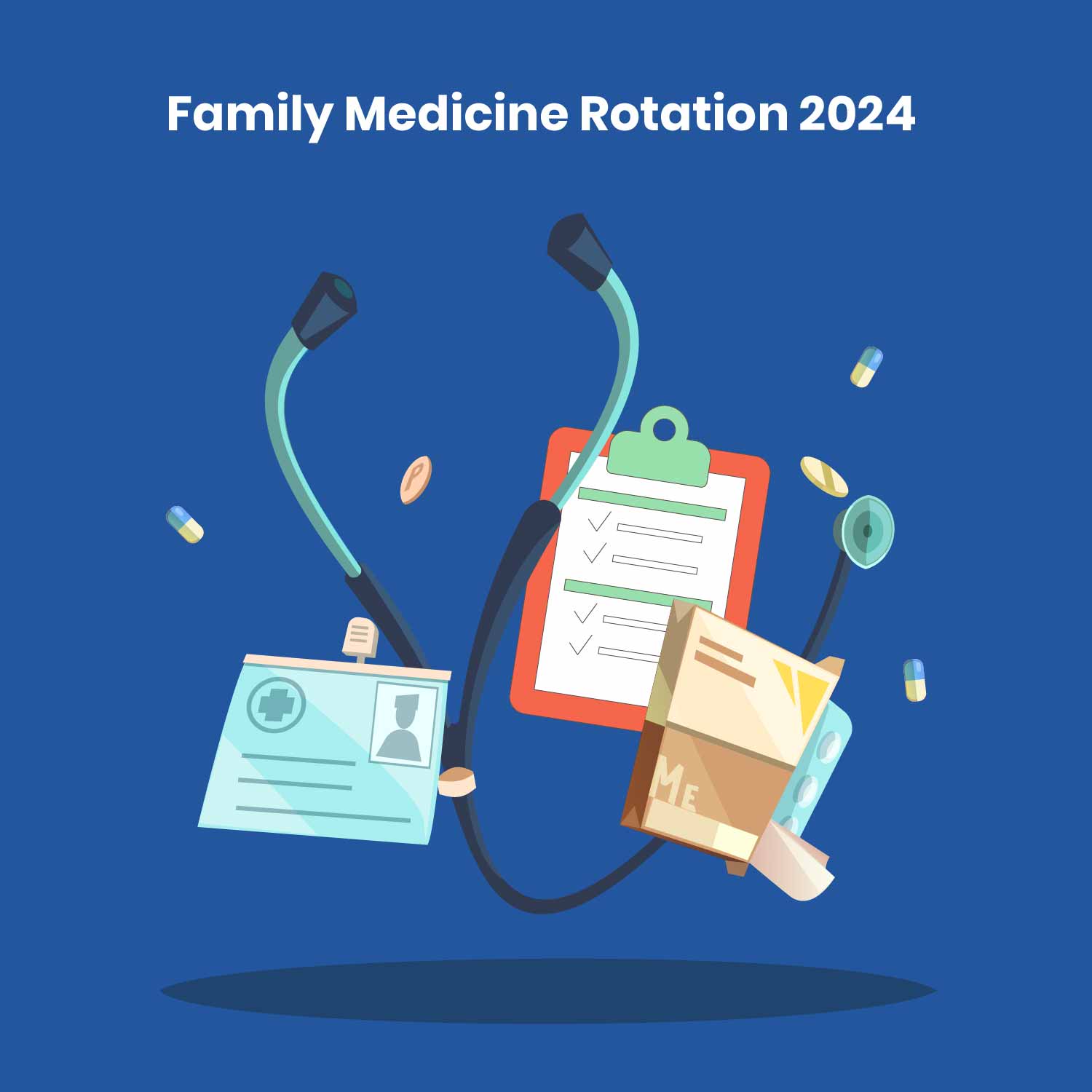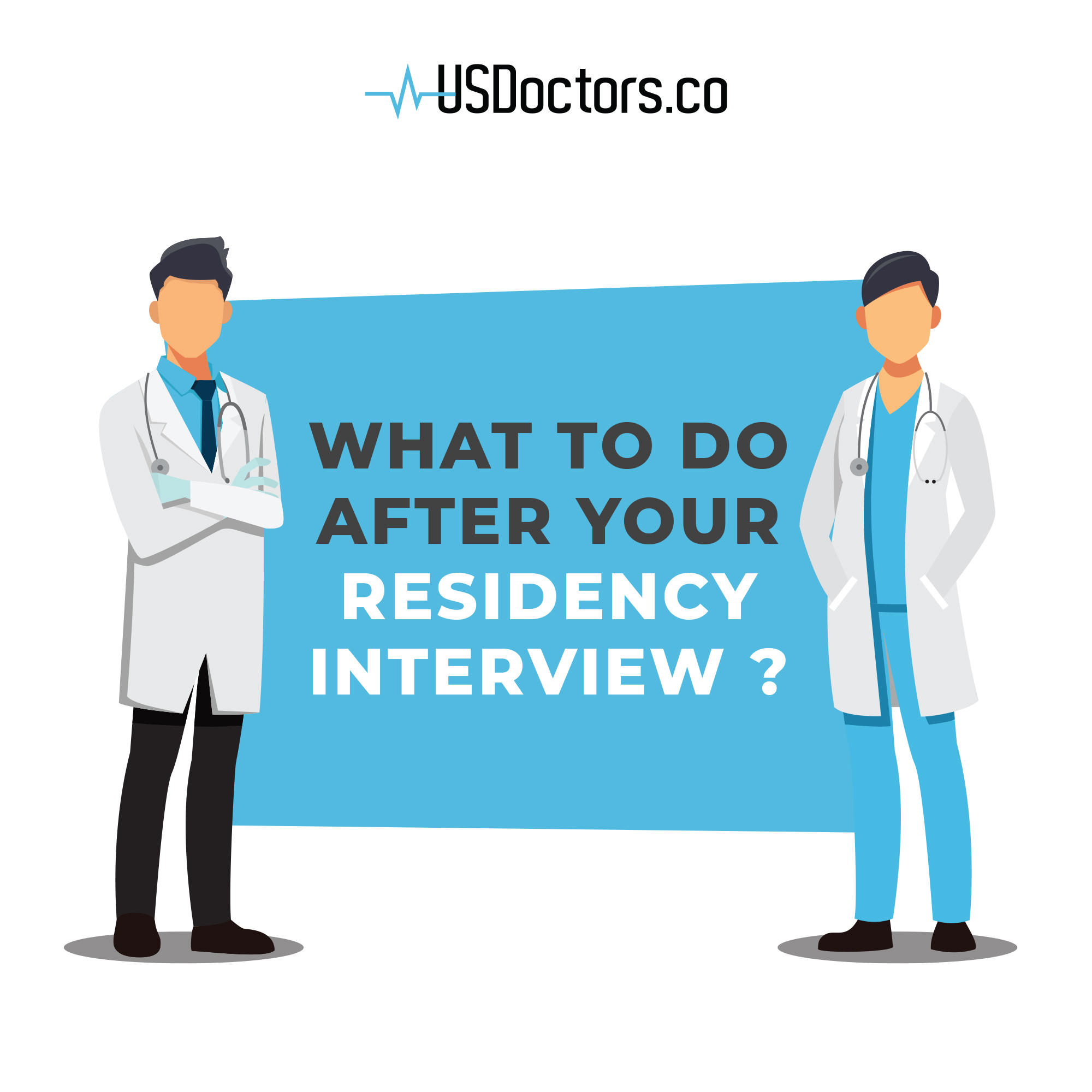
Being on the other side of the residency interview can be exhilarating. Months of strenuous work and countless applications have finally started to pay off, with the final goal drawing closer and closer.
First off, congratulations! What you have accomplished is no small feat, and you’re certainly long overdue for a break. Unfortunately, there are still a fair number of steps to get through, namely, the Rank Order List and the actual Match so you might want to hold off on breaking routine, kicking back, and relaxing just yet. Instead, we recommend you use this post-interview window of opportunity to maintain open communication channels with the residency program that have your attention. With a few, quick thank you emails and follow-up messages, you can keep signaling sustained interest in the program, and even lay down a solid foundation for prospective work relationships!
USDoctors.co has gathered information from various credible sources, experts in the field, and residents who have gone through the process to help you with all your post-interview communication needs! Let’s take a look at how to easily and professionally navigate this stressful period.
The Thank You Email
From residents to program directors, it takes a coordinated effort by the team members of a program to organize and conduct interviews. What’s more, on the day of the interview, many people will have taken time out of their busy schedules to host you. A thank you email is your way of acknowledging and expressing appreciation for being granted the courtesy.
The first question people have is about when to send the email. We recommend sending the emails within 2-3 days of the interview. The sooner you reach out after the residency interview, the better. This ensures that you have a good recall of things discussed during the interview to include in the email and also applies to the program as there would be a sense of fresh familiarity. Because of time-sensitivity and the trend towards digitization, emails are the preferred method; however, handwritten or typed letters sent through regular mail also remain a popular mode of communication for many people.
On the interview day, the program staff may lay down some communication guidelines themselves. If they show a positive attitude towards accepting post-interview communication, you’re in the clear, but if they outright discourage the idea, refrain from reaching out no matter how inclined you feel. Similarly, not every program will clearly state a policy. Many times, it will fall on you to ask the coordinator or facilitator for the names, emails, and relevant details of the people you wish to thank.
Ideally, you should send a note to every person who facilitated you during the interview. This would mean sending personalized thank you emails to the program directors and chief residents who interviewed you or showed you around. Don’t forget to send one to the coordinators and secretaries who made sure that everything ran on schedule.
Does that sound overwhelming? Don’t worry. It is simpler and less time-consuming than it appears, as you will see in the following section.
The Content and Format of Your Thank You Email
An ideal thank you email is a short, sincere, personalized yet professional email of about 4-6 lines. After opening with a short statement of gratitude for the person’s help, go on to mention a few, specific aspects of the program that you particularly enjoyed. Remember, specificity is key in imparting a sense of sincerity and genuine interest. Don’t send copy-pasted emails to multiple people within a program or even different programs as this defeats the purpose of the thank you email. Also, you’ll get caught in no time! This is because selection committees and insiders are often in communication with each other even between different programs. Tailor the email according to discussions that happened during the interview. These can include funny tidbits and anecdotes that were exchanged. In the end, circle back to your enthusiasm for the program before ending on another note of thanks.
Depending on who you are writing to, you can even end the email with a couple of questions about the program. For instance, program directors are unlikely to respond to your questions. But the residents who walked you through the program may have encouraged you to approach them for queries and are more likely to respond.
Above all, a thank you email should only contain information that’s honest and sincere. Refrain from making incorrect claims about ranking preferences. Not only does that go against the rules of Match participation, but it may also hurt your standing with the program.
Reassess, Review, Reflect
Having experienced a residency program up close either improves or diminishes the interest you had in it. Before the interview, all your information came from secondhand sources and networks. Now you have an in-depth familiarity with the particulars of the program. You know more about the education structure, call schedules, and research possibilities. Likewise, someone may have told you about the activities and attractions available in the locality. Some points must have met your expectations, while others may have left you feeling disappointed.
With the Rank Order List (ROL) fast approaching, these new insights will help you re-evaluate your decisions and review priorities, so you might want to update your ‘records’. This can include any notes you may have been keeping to track your journey through the residency application process or scoring sheets to compare programs. Revisit program details and websites, and make readjustments.
You should be completely confident in your ranking order by the time the date for ROL submissions rolls around. It is better to put in some extra thought now than regret your decision later when you have already begun your training as a resident.
Second Looks
Sometimes residency programs will send out invitations to applicants to revisit the program after the formal residency interview. These are referred to as ‘second looks’ and the purpose of such a visit is to allow you to experience the program in a less formal environment. Without the pressures of the interview day, you will feel more at ease to do your own evaluations. On these second look visits, you can evaluate the program, observe routine activities of the residents at work, and do a closer inspection of the facility.
If the circumstances allow you to avail of this opportunity, be sure to do so as it may reassure the directors of your dedication and enthusiasm for the program’s residency slot.
Follow-up Correspondence
Much of the post residencyinterview part of the application process is an exercise in questioning, evaluating and re-ranking your choices. Every new exposure to the program will demand a readjustment of your perspective. Fresh questions and queries about the program will take shape, demanding to be put to rest.
As the ranking period looms closer, you have the chance to put your questions forward in the form of follow-up correspondence and make contact with different programs. Even without any apparent need, many applicants and programs partake of ‘letters of interest/intent’. This is to remind the other party of their active interest and candidacy. As long as there are no specific claims or promises made on either side, there is no harm in following up.
As a candidate, you have a right to take ranking decisions without residency programs attempting to persuade or coerce you. That being said, answer any necessary correspondence initiated from the program’s end promptly. Be sure to do it with the right level of professionalism!
Undoubtedly, the time that follows a residency interview is nerve-wracking and fraught with stress. Working through the complexities of post-interview communication alongside deadlines and other pressures can be exceedingly tiring. Still, it offers some considerable advantage in optimizing your odds. Should you care to undertake it, the tips detailed above will guide you on your way. If you need more guidance in navigating the residency application trail, head over to the USDoctors.co blog to access more helpful resources!
ABOUT US
Clinical Rotations For Foreign Medical Students, Nurse Practitioners, Physician Assistants and Graduates.
USDoctors.co specializes in providing invaluable hands-on clinical rotations to both foreign medical students, nurse practitioners, physician assistants and graduates. Our clinical rotations are strictly set up to help you get the US clinical experience and letters of recommendation that will greatly increase your chances of US residency placement.

